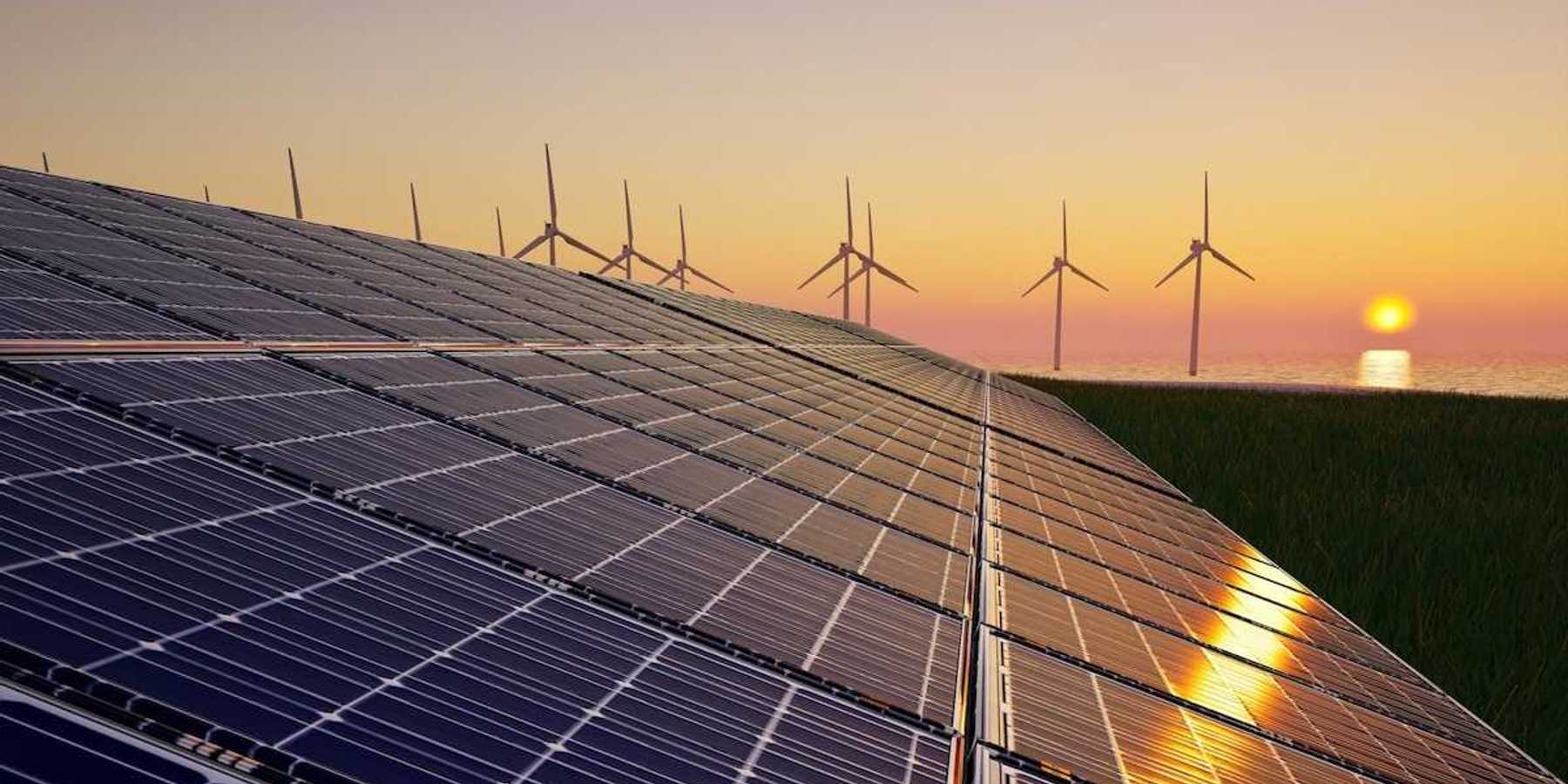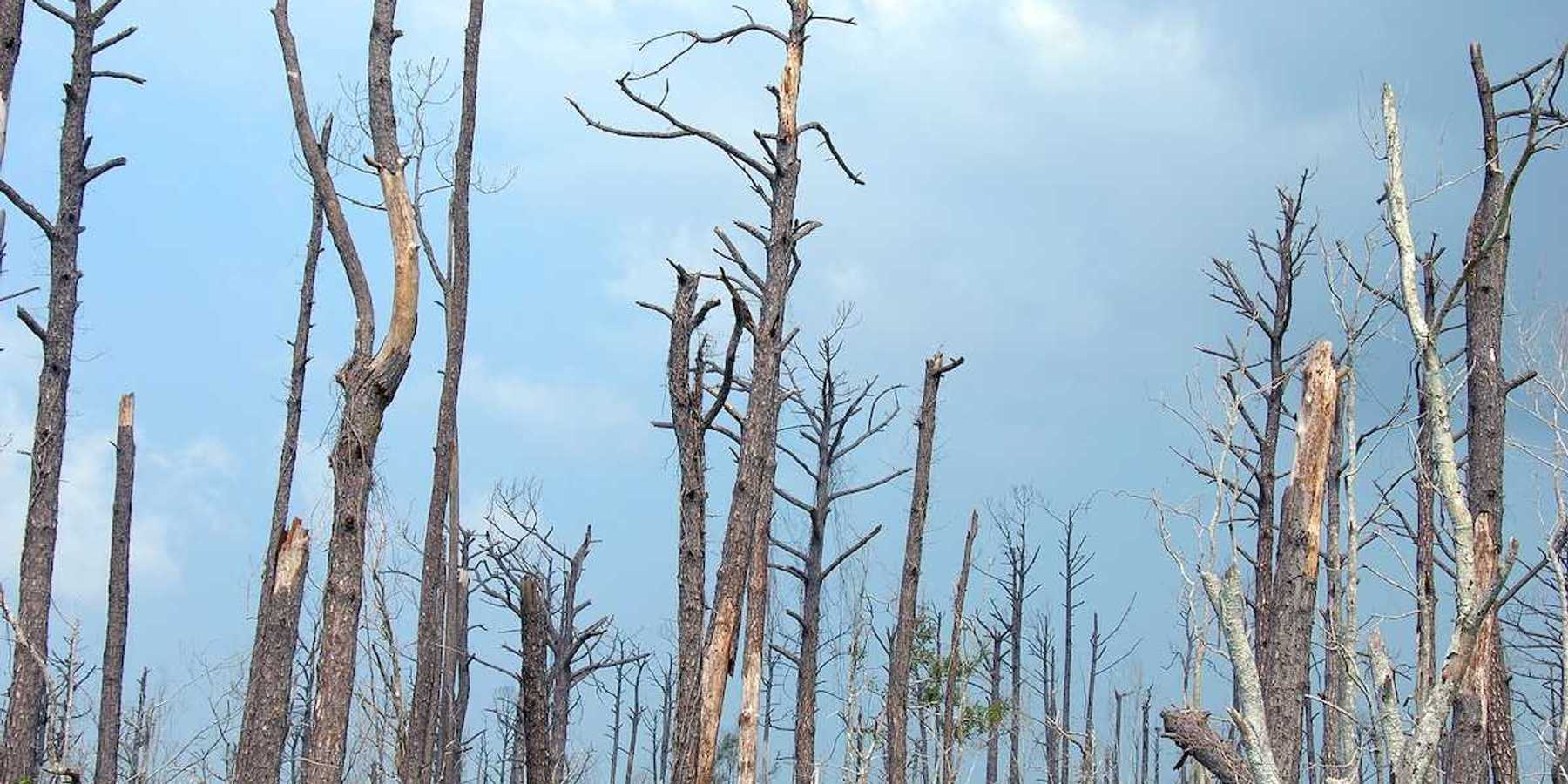China urged to halt coal power expansion as approvals surge
The European Union’s ambassador to China has called on Beijing to stop approving new coal-fired power plants, warning that the country’s rapid expansion of coal projects contradicts its renewable energy leadership.
Amy Hawkins reports for The Guardian.
In short:
- China approved 66.7 gigawatts of new coal-fired power capacity in 2024, most of it in the second half of the year, despite its commitment to peak emissions by 2030.
- A report found China accounted for 93% of global coal power construction starts last year, with local policies slowing renewable energy integration.
- China remains the world leader in renewable energy, with record growth in solar and wind power, but continues to view coal as vital for economic and energy security.
Key quote:
"Commentators outside China are increasingly puzzled at the continued containment of domestic renewable generation in future stranded coal assets."
— Jorge Toledo, EU ambassador to China
Why this matters:
China’s energy strategy presents a paradox: While it leads the world in renewable energy expansion, it is also dramatically increasing coal power capacity. The contradiction reflects the country’s competing priorities — balancing economic growth, energy security, and environmental goals. Coal remains the single largest source of carbon emissions, and as long as China’s reliance on it persists, international efforts to curb global warming face a significant hurdle. While Beijing has pledged to peak carbon emissions before 2030 and achieve carbon neutrality by 2060, its continued investment in coal suggests a prolonged transition. This balancing act underscores the broader challenge facing many nations: how to shift away from fossil fuels without jeopardizing economic growth or energy reliability.
Some good news: Quiet environmental progress in 2024 offers hope for climate action













